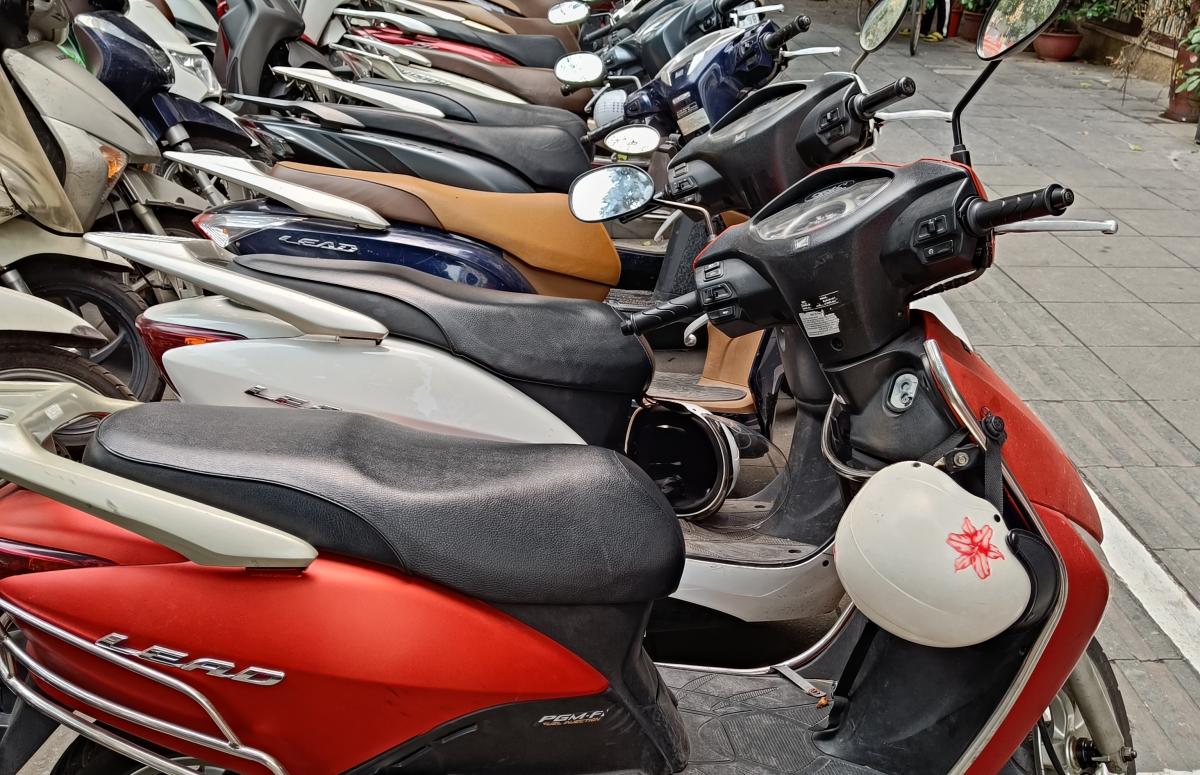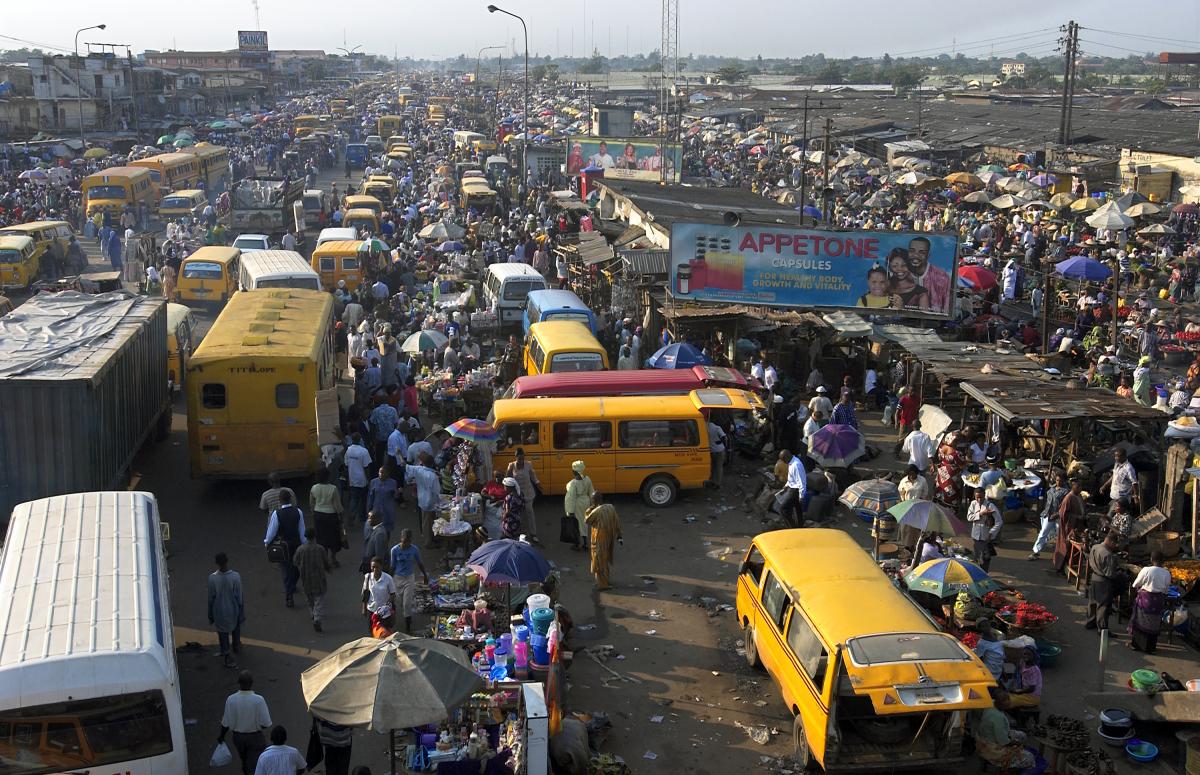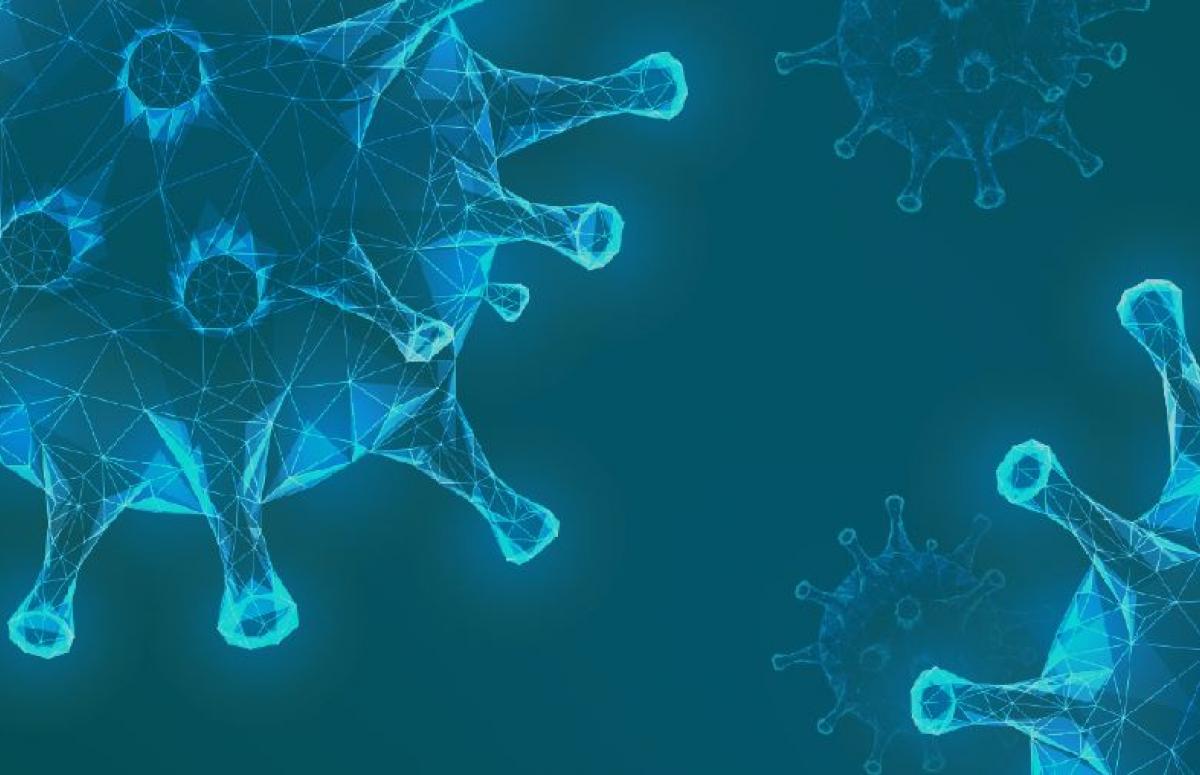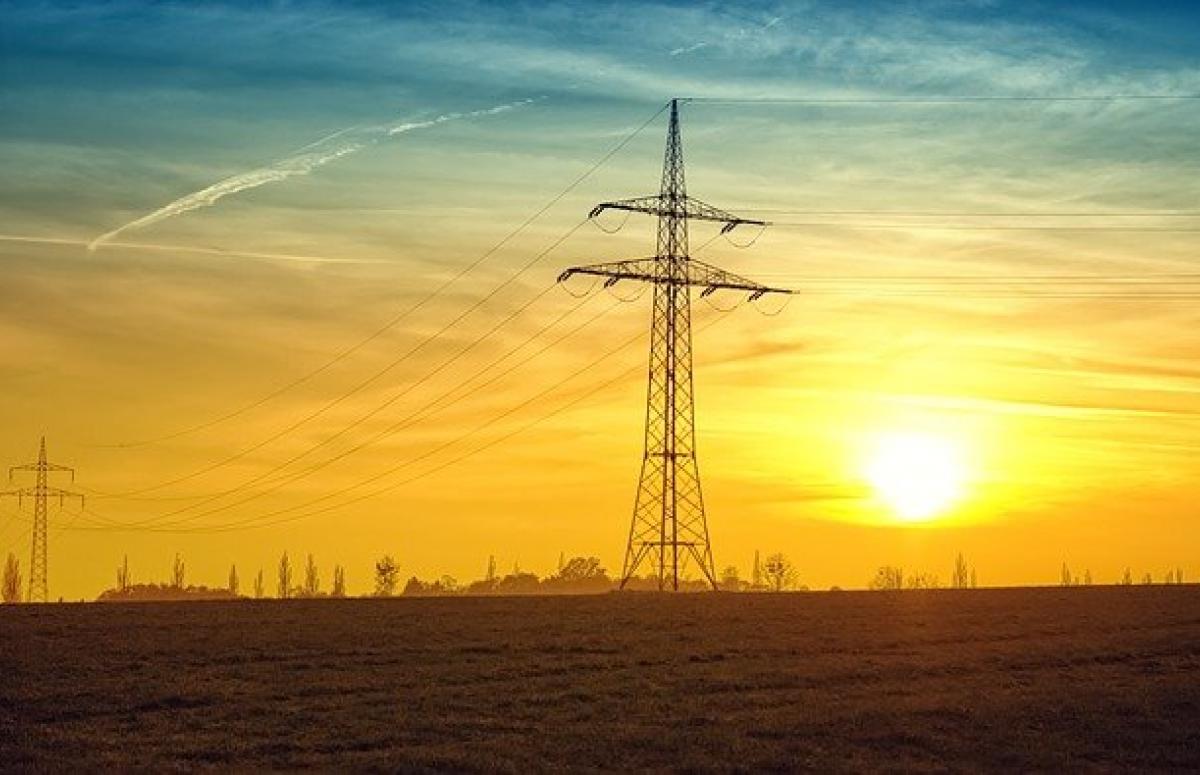The Policy Practice produces a series of Policy Briefs and Working Paper to distil political economy insights from our research. You can find our other publications below.
The political economy of energy transitions in Ghana, Zambia and Vietnam - Policy Brief 17
Written by Sam Bickersteth with Neil McCulloch and Meron Tesfamichael, this policy brief draws out some of the common constraints hindering the energy transition in Ghana, Zambia, and Vietnam and many other countries in the Global South. It also shows how political economy analysis can help to identify politically feasible pathways of change in each country demonstrating the importance of such analysis as an essential tool to understand energy transition.
The political economy of a green recovery in Ukraine - Policy Brief 16
This Policy Brief discusses the political economy of a green recovery in Ukraine. It analyses how corruption might inhibit green, equitable and sustainable reconstruction in Ukraine, the drivers of this corruption and the political opportunities for tackling it. It recommends joining up the anti-corruption and environmental reform agendas, ensuring citizen and community involvement in post-war recovery and building on wartime community self-help initiatives.
Fossil fuel subsidy reform - Policy Brief 15
This policy brief from TPP Director Dr Neil McCulloch is based on his book “Ending Fossil Fuel Subsidies – the politics of saving the planet”, published by Practical Action Publishing.
It summarises the problem with fossil fuel subsidies, how they inflict harm and what steps are being taken to reduce them. It also shows why subsidies persist and why existing efforts have been so ineffective. Drawing lessons from countries which have tried to remove fossil fuel subsidies, it explains that the fundamental challenge to reform is not technical, but political.
The World Bank discovers power in the power sector - Policy Brief 14
The World Bank’s 2019 report on Rethinking Power Sector Reform recognises that many of the key challenges in power sector reform result from the political economy of the sector.
Barnett and McCulloch state that the report is weak in four areas and make recommendation to the World Bank and other development partners on how these could be tackled.
FCDO governance programming in Nigeria: What difference has thinking and working politically made in practice? Working Paper 2
The UK’s engagements in Nigeria are a showcase for the gradual integration of a thinking and working politically (TWP) approach into development practice. This new Working Paper from the Policy Practice provides an overview of these nearly two decades of TWP mainstreaming - both successes and failures.
Political Economy Analysis of the Business Environment in Eleven Middle-Income Countries - Policy Brief 12
Reforming the business environment needs to be understood not only as a technical challenge but, as importantly, as a challenge to the political economy. This Policy Brief, based on an analysis by The Policy Practice for the UK's cross-government Prosperity Fund, reviews experience in 11 middle income countries and identifies key issues, common themes and unanswered questions.
From dysfunctional to functional corruption: The politics of reform in Lebanon’s electricity sector
The SOAS-University of London Anti-Corruption Evidence Research Programme, together with The Policy Practice, has published a new report entitled: From dysfunctional to functional corruption: the politics of reform in Lebanon’s electricity sector. The study explores how it has been possible to establish Electricité de Zahlé’s functional, but problematic, electricity service provision within the complex sectarian political context of Lebanon.
Below includes other publications in which The Policy Practice have been involved with, including project reports.








